Every single session is about failure to get survivors 100% recovered. If you can't accomplish what stroke survivors want let better people in that will get there. None of this would be necessary if YOU WOULD DO YOUR FUCKING JOBS OF 100% RECOVERY!
2024 European Life After Stroke Forum in Dublin
2024 Programme
Plenary 1: Building the evidence for support for life after stroke
Overview
Building on the “A Life Saved is a Life Worth Living” report, this session presents current evidence and research about supporting people and their families to live well after a stroke. The session will also highlight key gaps in the evidence base and identify priorities for more funding, more lobbying and more evidence.
What kind of evidence is really important? A personal perspective
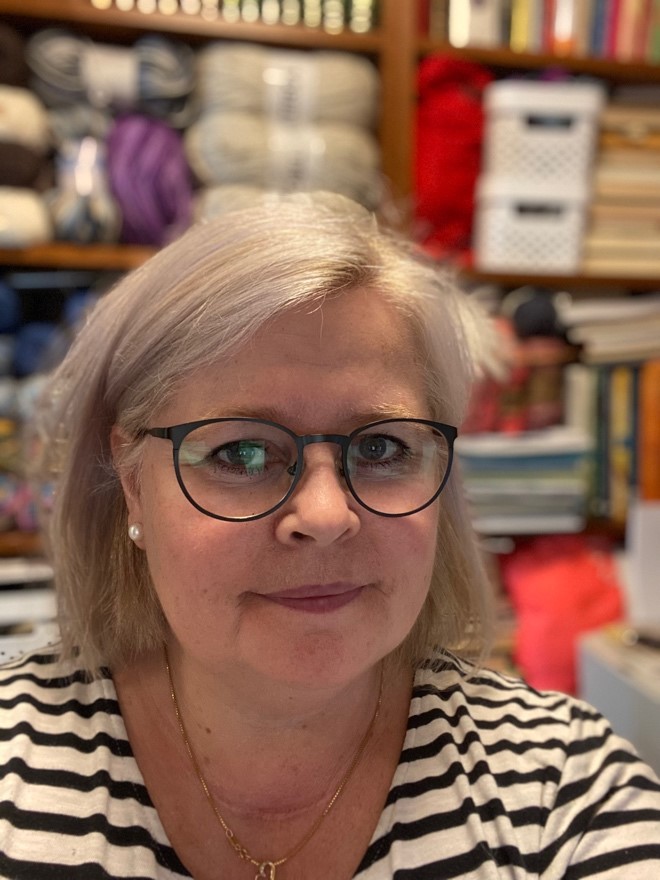
Stroke Survivor, Norway
Mapping the evidence base for life after stroke: A research perspective
TBC
How can we use research evidence to improve life after stroke: A clinical perspective
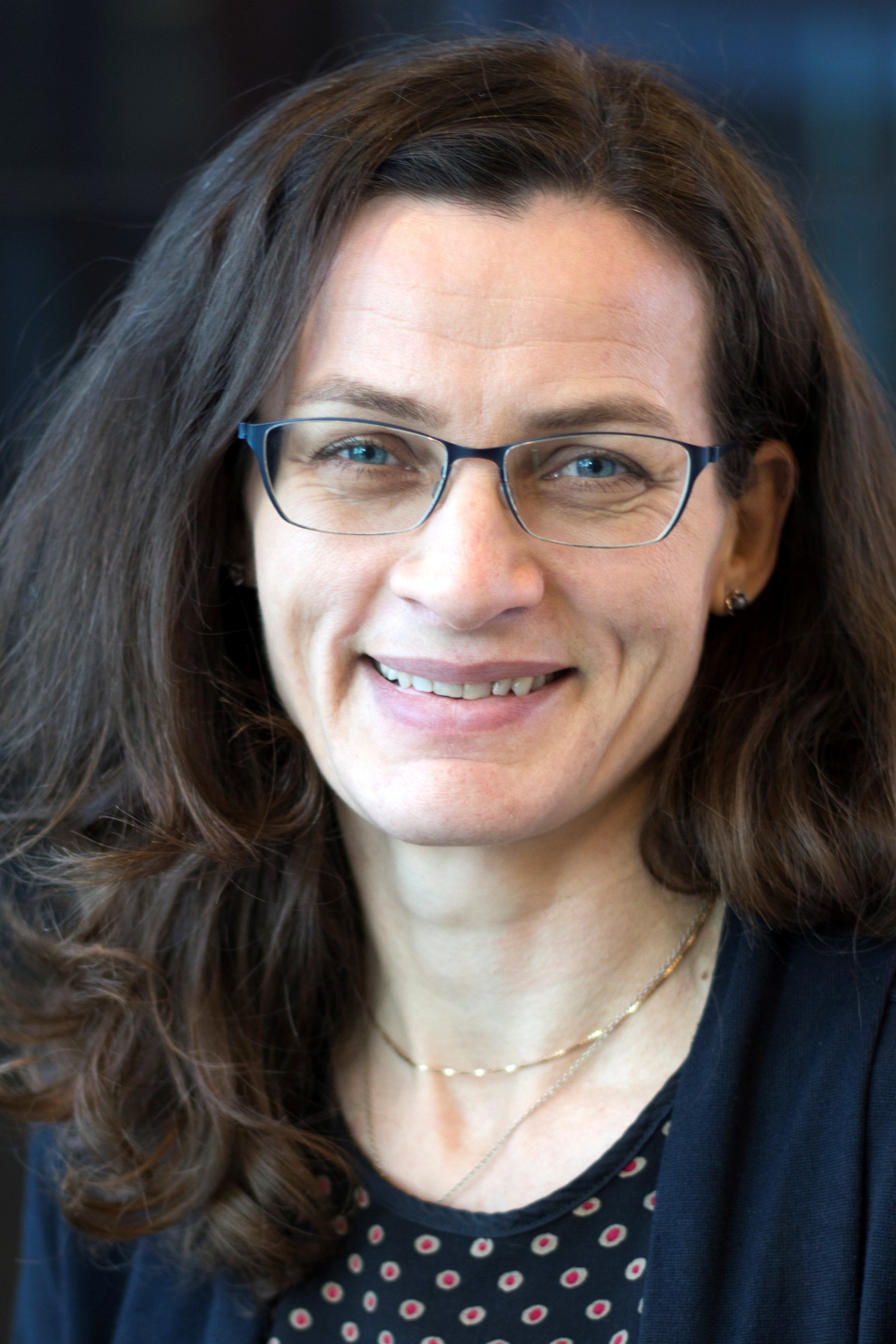
Associate Professor Margit Alt Murphy
University of Gothenburg, Sweden
Plenary 2: Life after stroke - support in action
Overview
This session will focus on the different perspectives of what a good life after stroke’ looks like through discussion and presentations around different experiences and good practice from different countries.
Perspectives from Europe
Videos from people with lived experience from around Europe: ‘After you left hospital what non-medical support did you find most helpful to help you live a good life after stroke?’
TBC
Perspectives from support organisations
What types of support have made the most difference to people’s lives and what have been the most successful strategies?

Stiftung Deutsche Schlaganfall-Hilfe, Germany
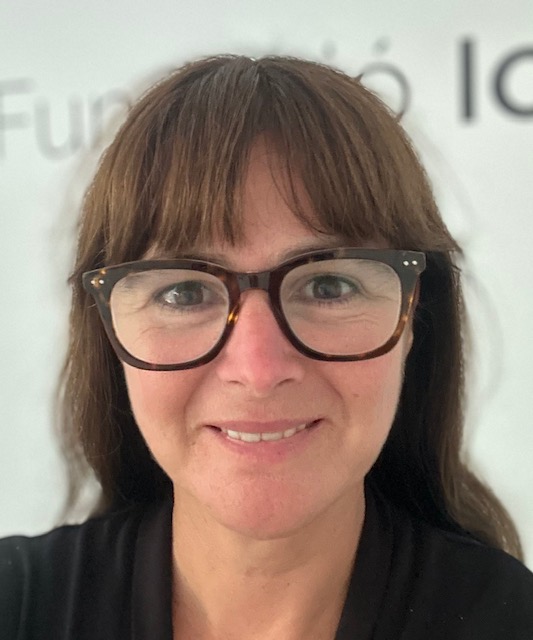
Fundacio Ictus, Catalonia
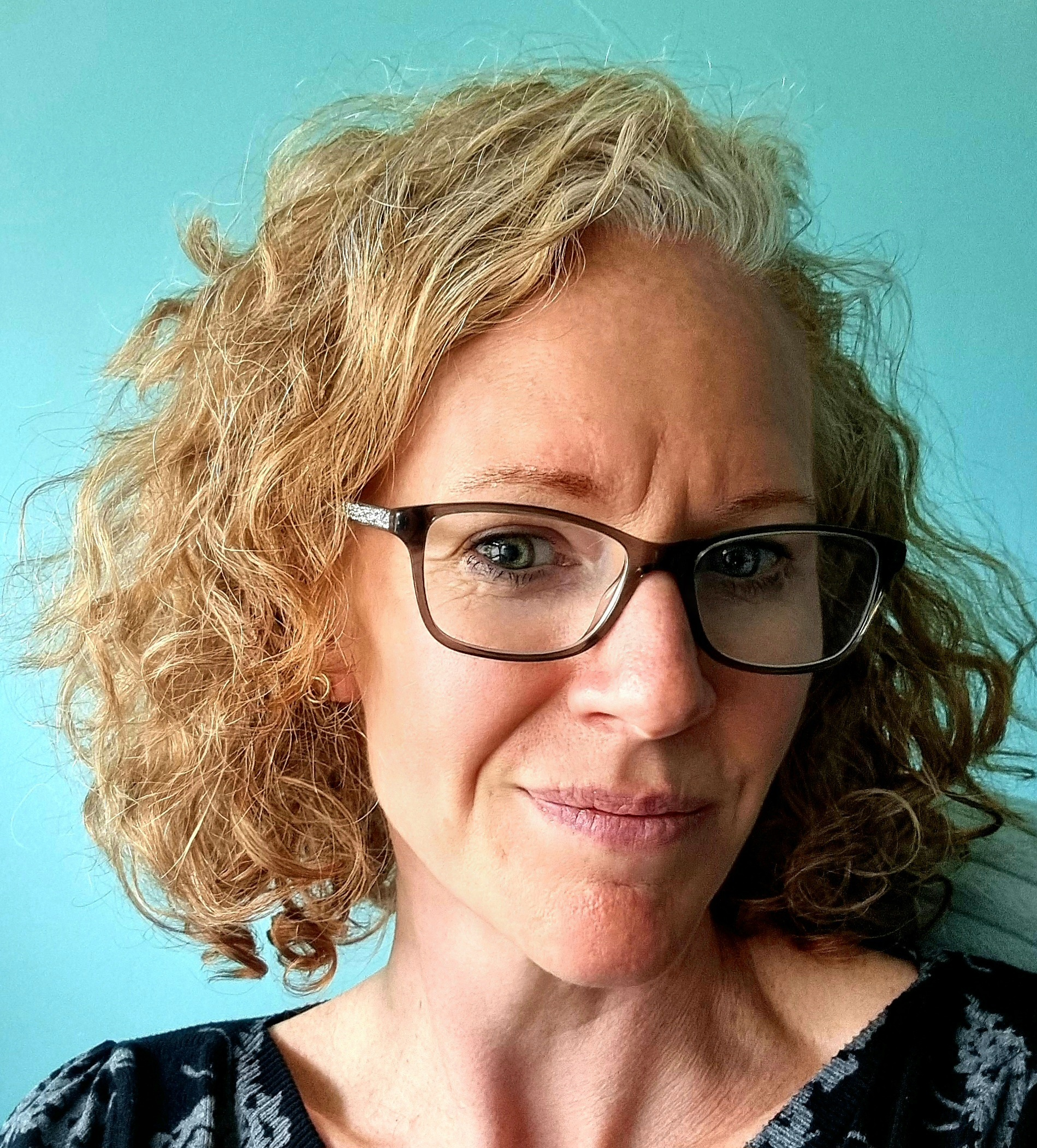
Associate Director of Services at the Stroke Association
Plenary 3: A showcase of life after stroke support in Ireland
Overview
In this session, we will discuss how we developed a support service in Ireland to meet the unmet need of those affected by stroke, the challenges and opportunities we face, and we will share top tips on how to set this service up in your country.
The Stroke Connect Service - Filling the gap for support post discharge in Ireland

Irish Heart Foundation, Ireland
My journey through the Stroke Connect Service and beyond
Stroke Survivor, Ireland
Meeting the unmet need for information on stroke for children and young people (CYP) - The CHATS booklet
Tallaght University Hospital
St James Hospital, Dublin
What does a good life after stroke mean for you and what support did you need to make it happen?
TBC
Parallel Sessions
A disproportionate burden? Life after stroke in women
Contextualising sex and gender to improve stroke research, policy and practice
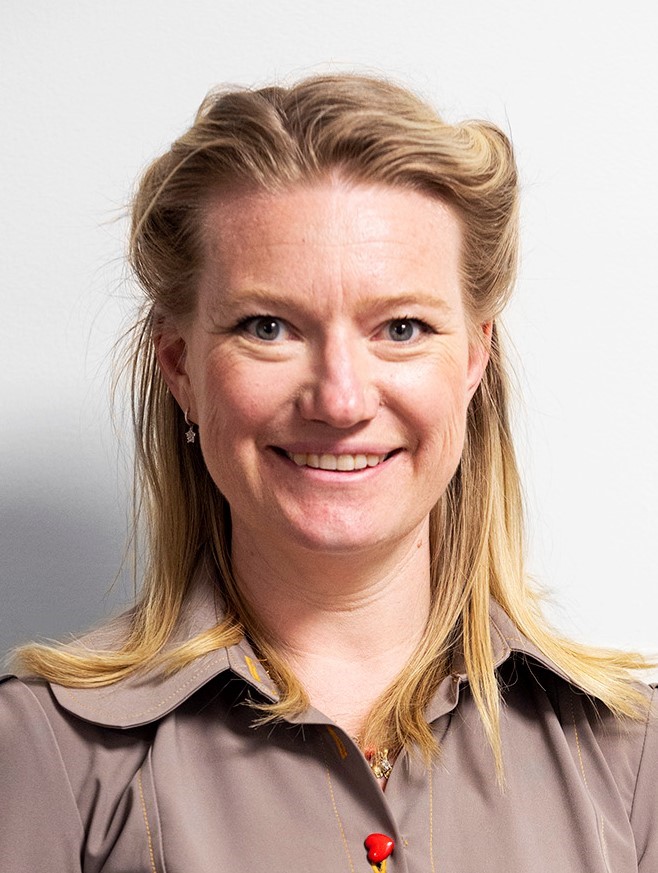
Oslo University Hospital, Norway
Specific secondary stroke risk factors in women after stroke
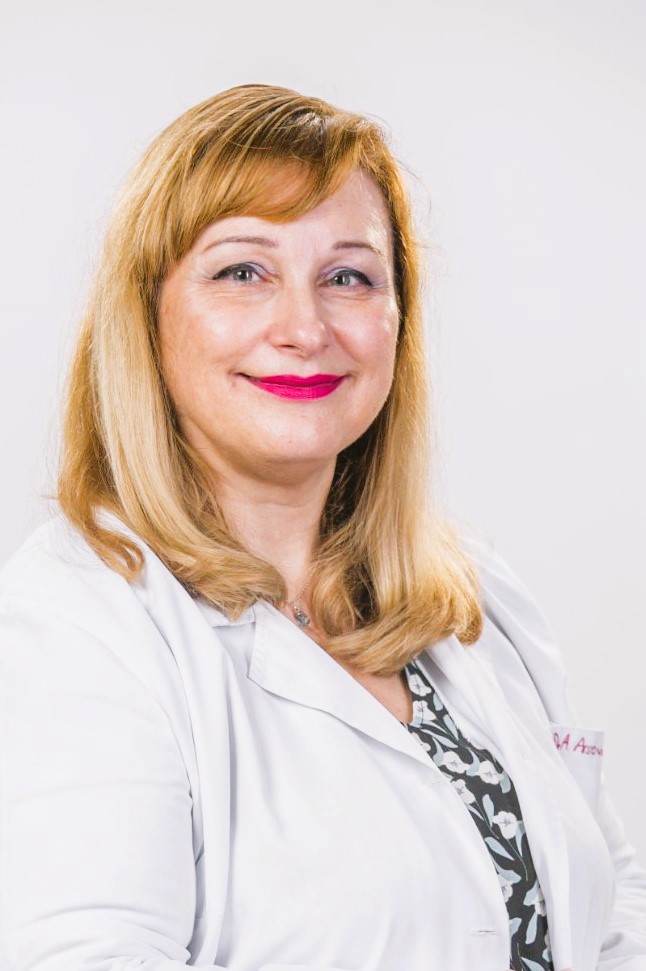
Universities Cyril and Methodius, North Macedonia
Raising a family after stroke - My story

Stroke Survivor, Portugal AVC Stroke Organisation, Portugal
Spasticity: What is it and how can we manage it?
The stroke survivor perspective of spasticity
TBC
What is spasticity?
Institute of Psychiatry and Neurology Warsaw, Poland
Management of spasticity with botulinum toxin/physiotherapy management
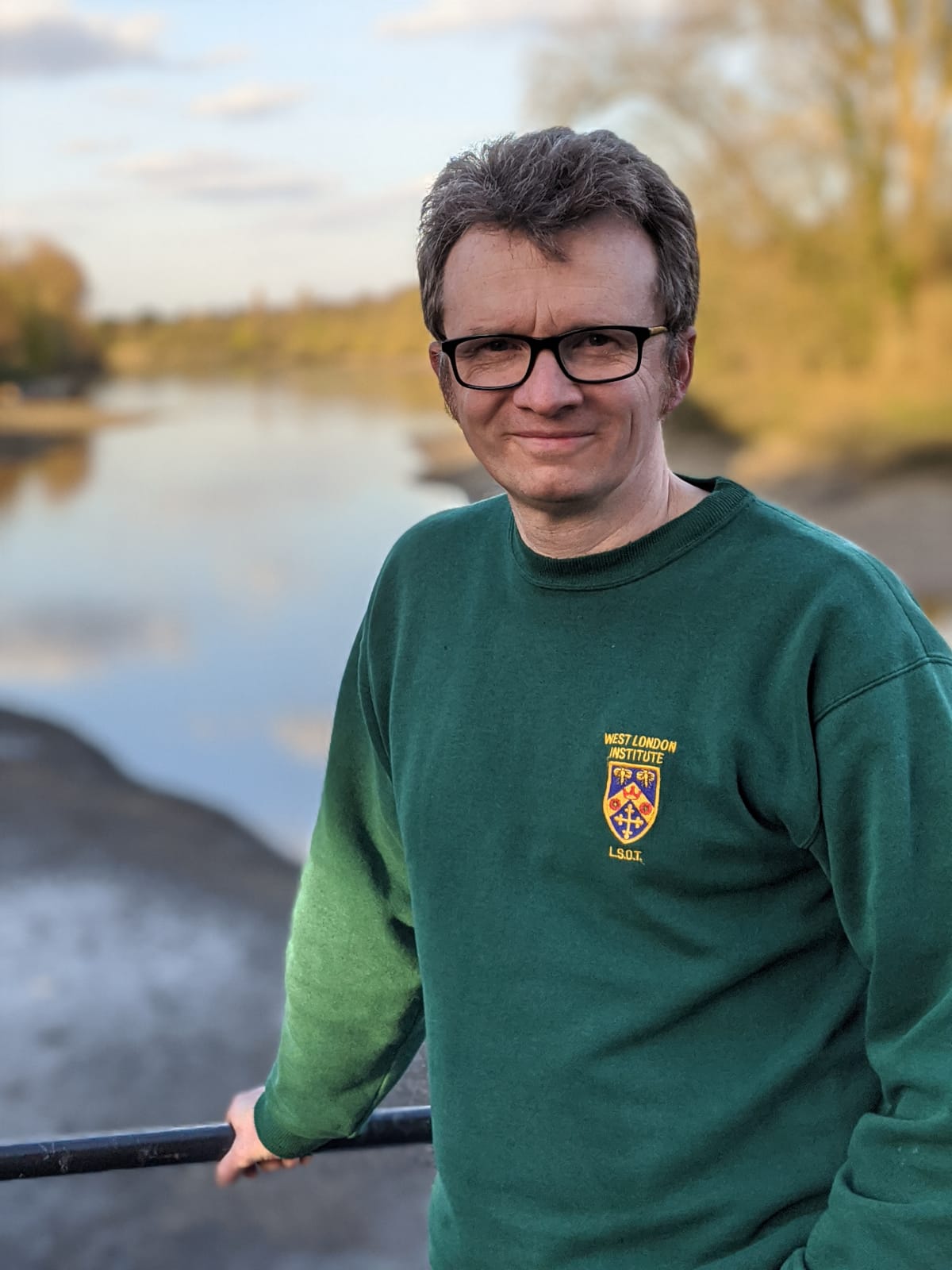
Kings College, London, England
A vision for life after stroke
Vision assessment in stroke care services: the KROSS project
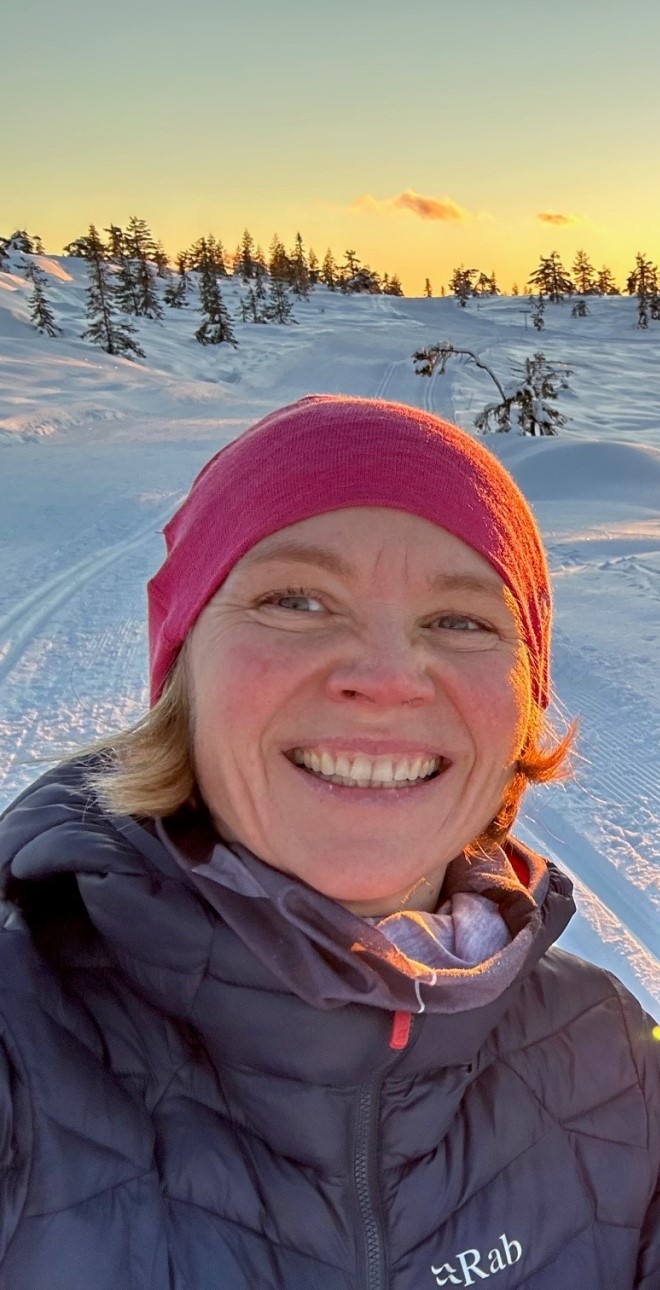
University of South-Eastern Norway, Norway
What helps in coping with and self-management of sight loss after stroke
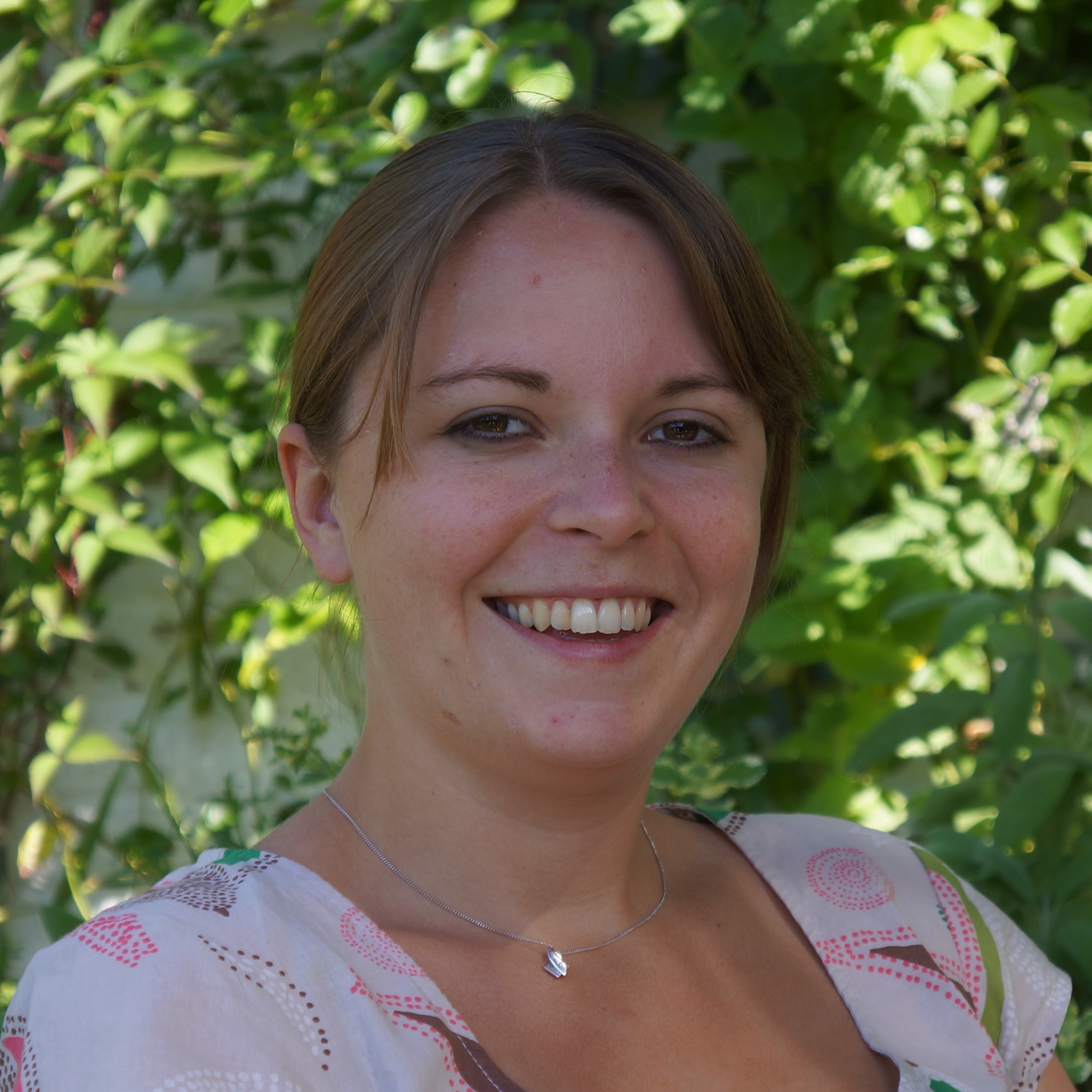
University of Liverpool, England
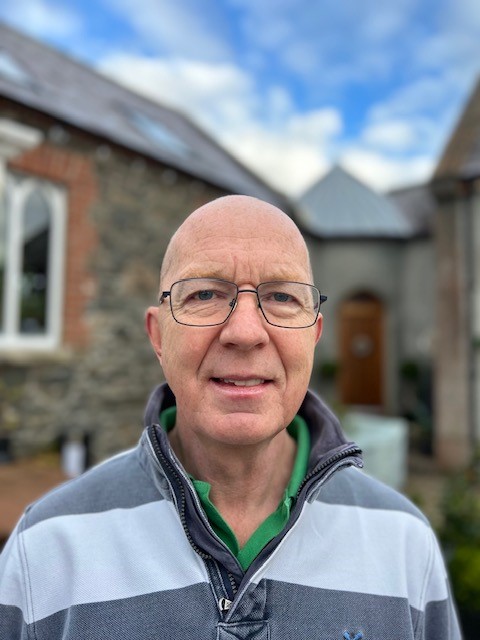
Stroke Survivor, Northern Ireland
No decision about me without me – speaking together with one voice
Advocacy in action and effective communication: Role play session between an allied health professional and stroke survivor – a good conversation and a bad conversation
Advocacy in action and effective communication: Reflection with the audience - How we advocate for stroke including practical examples of navigation health issues and lived experiences
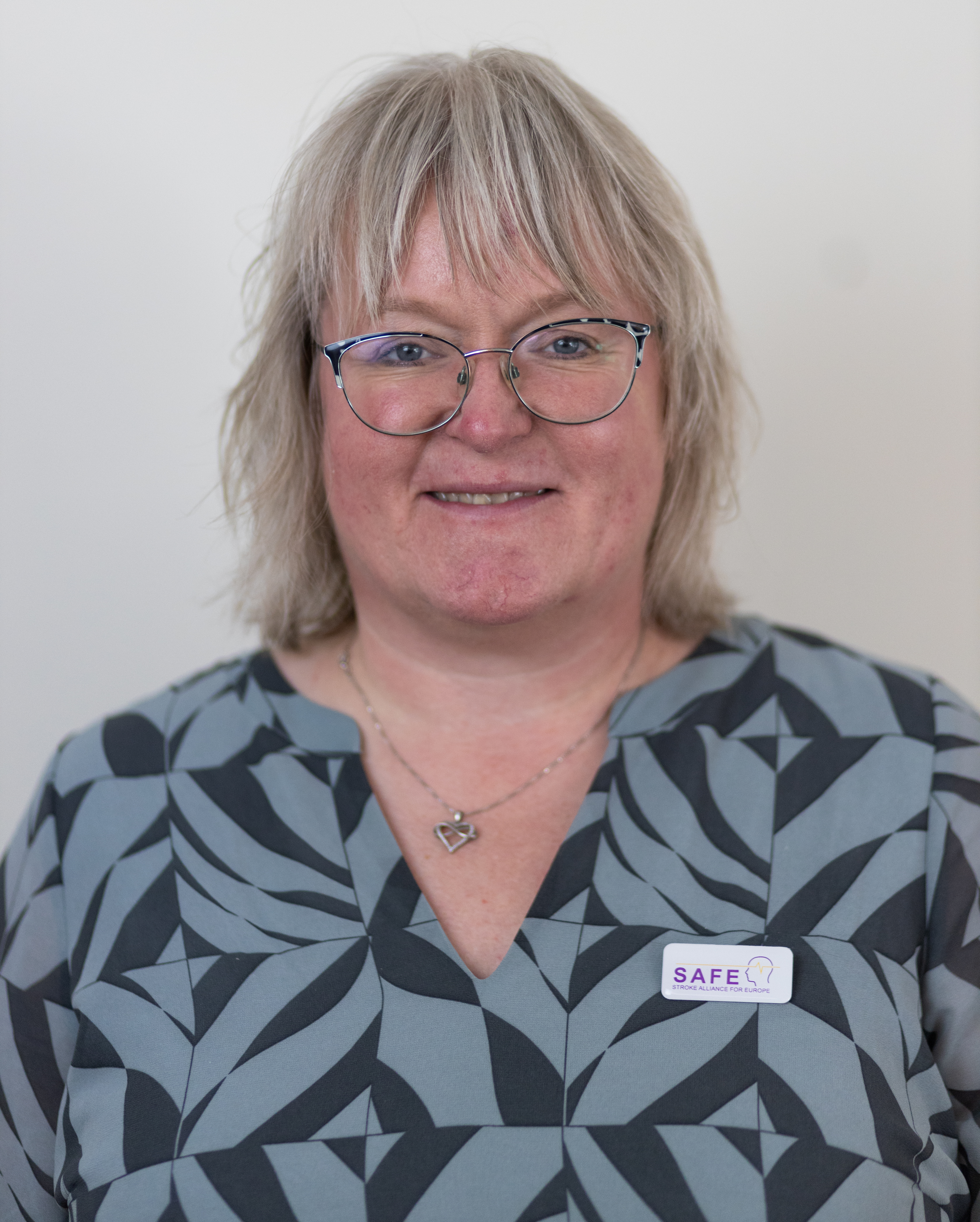
Stroke Survivor, Norway
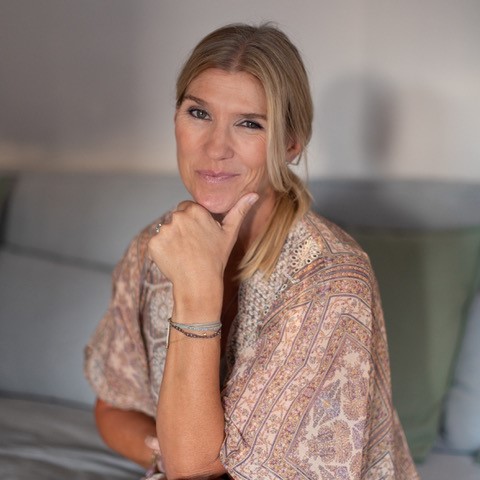
Stroke Survivor, Switzerland
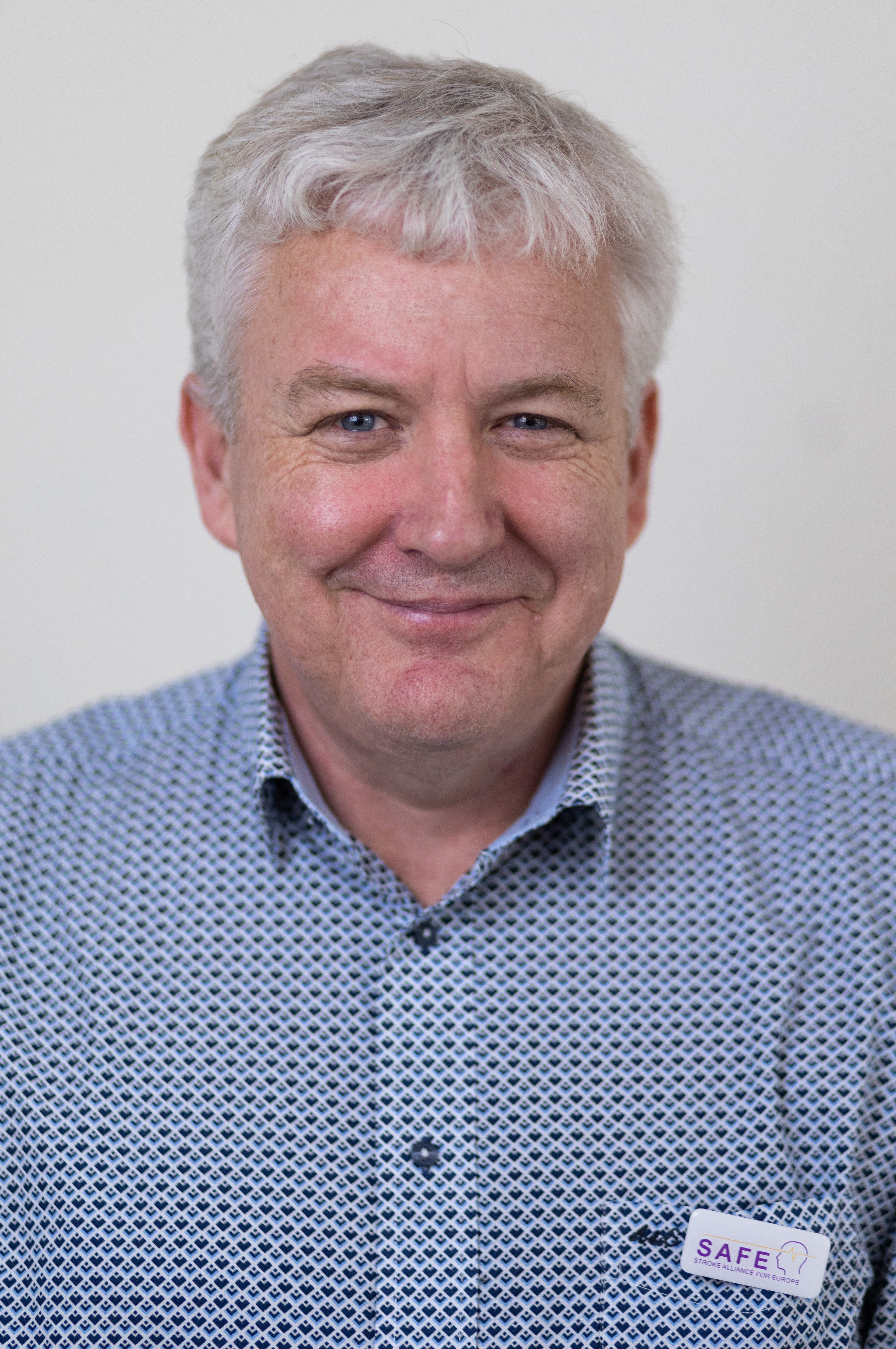
Irish Hearth Foundation, Ireland
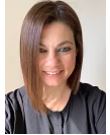
Cyprus University of Technology, Cyprus
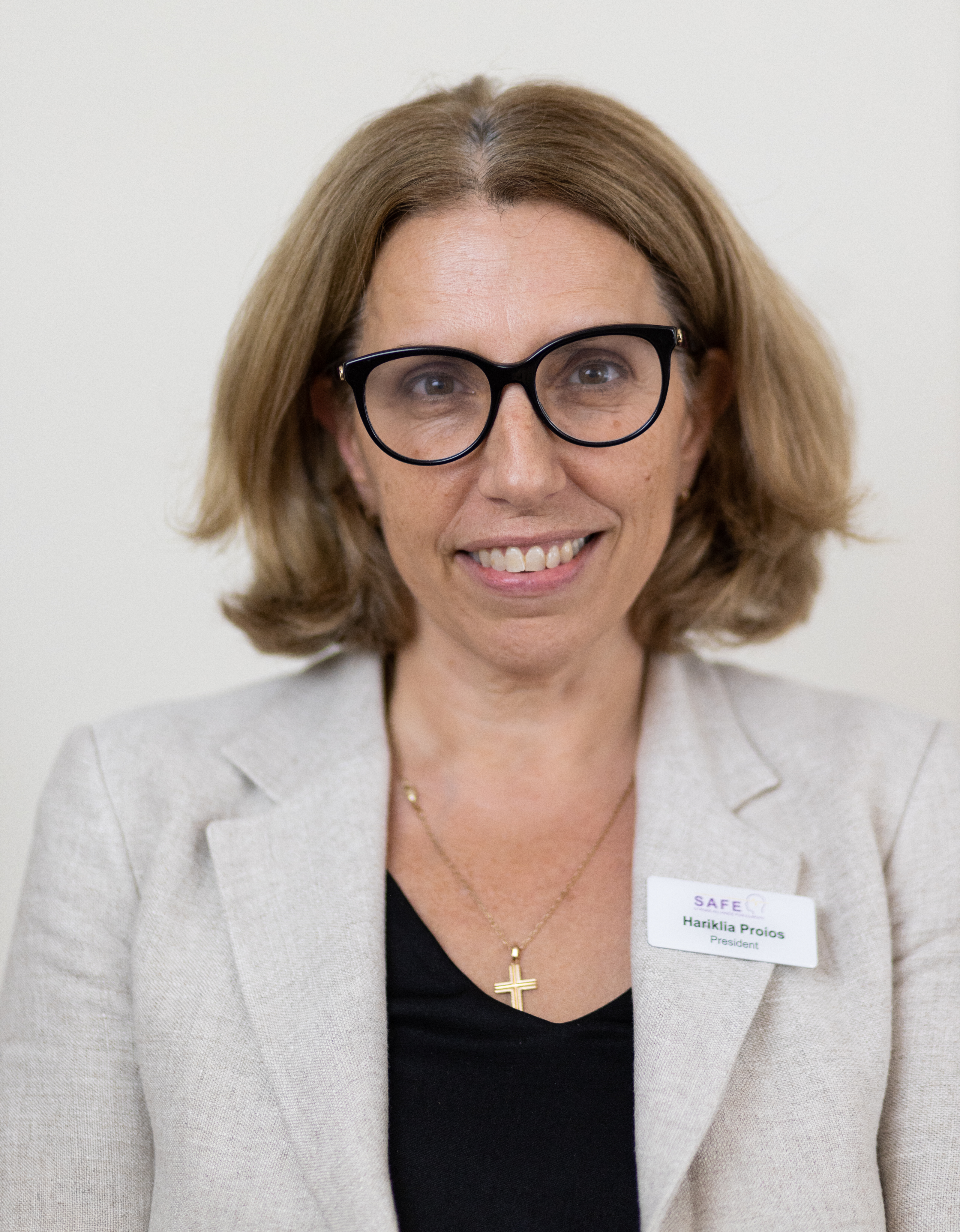
University of Macedonia, Greece
SUpporting wellbeing through PEeR Befriending: Outcomes of the SUPERB trial for people with aphasia
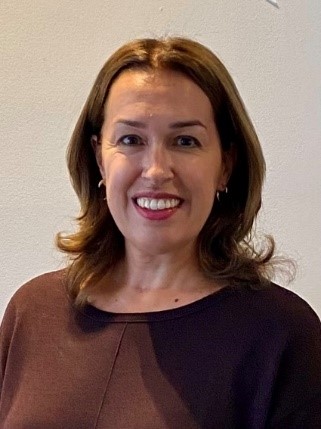
City University of London, England
Highest scoring abstracts from research and service provision
Service: Socialising from home - Peer support and communication practice at the Aphasia Café
University of Cork, Ireland
Service: Enhancing the competency of coordinators in a stroke support organisation; creating a self-assessment framework.
March of Dimes, Canada
Research: Addressing sexuality post-stroke: Can a targeted implementation change practice?
Associate Professor Margaret McGrath
University of Sydney/University College Cork, Ireland
Research: Life one year after stroke – results from the Swedish Riksstroke quality-of-care review
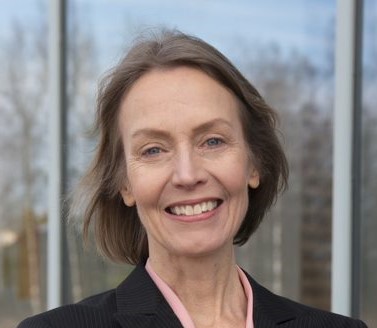
Orebro University, Sweden
Exploring mental health post-stroke
What do mental health difficulties look like in post-stroke?
University of East Anglia, England
What should you do when you are struggling?
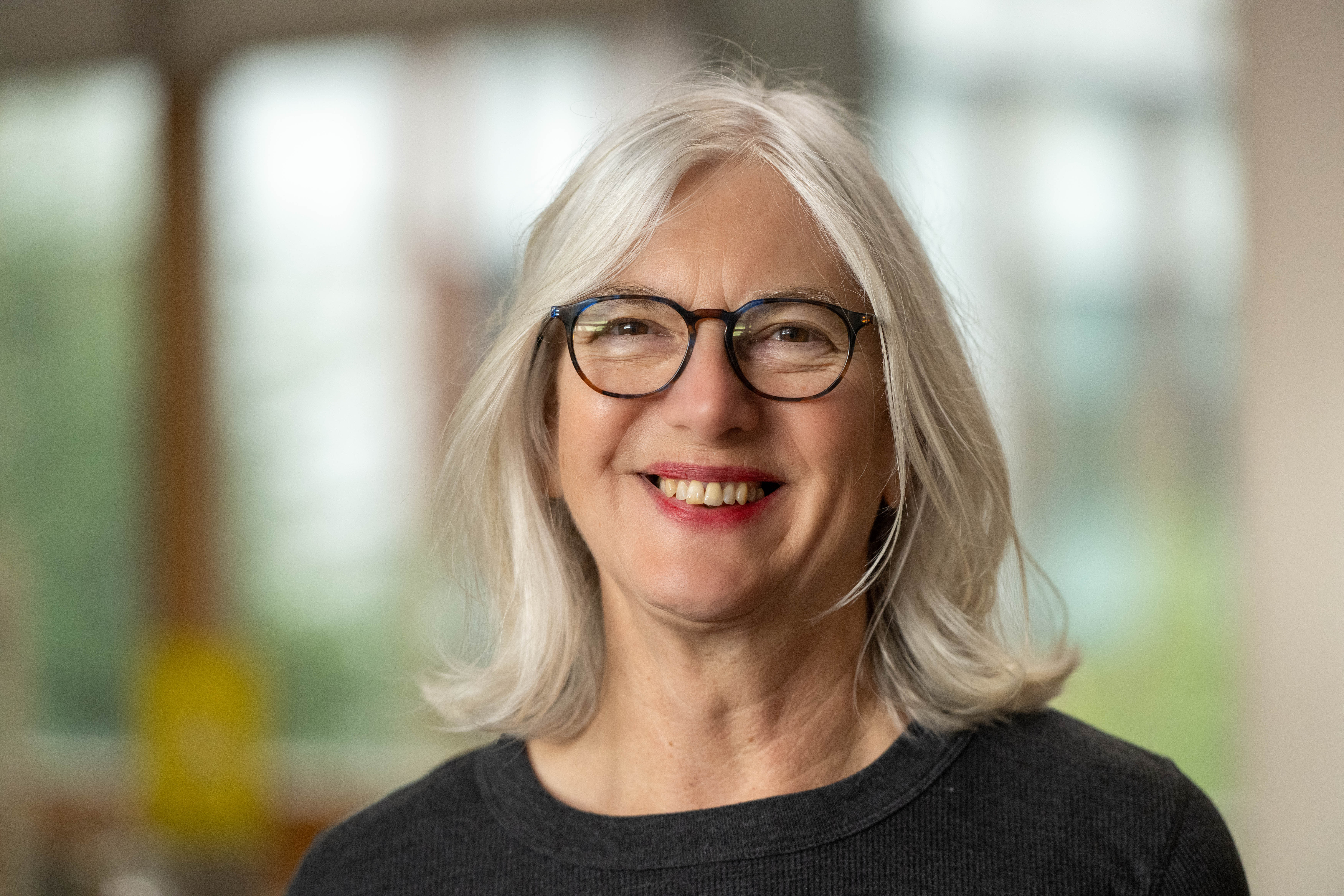
Glasgow Caledonian University, Scotland
My mental health and me

Stroke Survivor, Switzerland
Secondary stroke prevention - managing blood pressure and the benefits of exercise
Stroke secondary prevention: Managing blood pressure
Connolly Hospital, Ireland
Stroke secondary prevention: The benefits of exercise
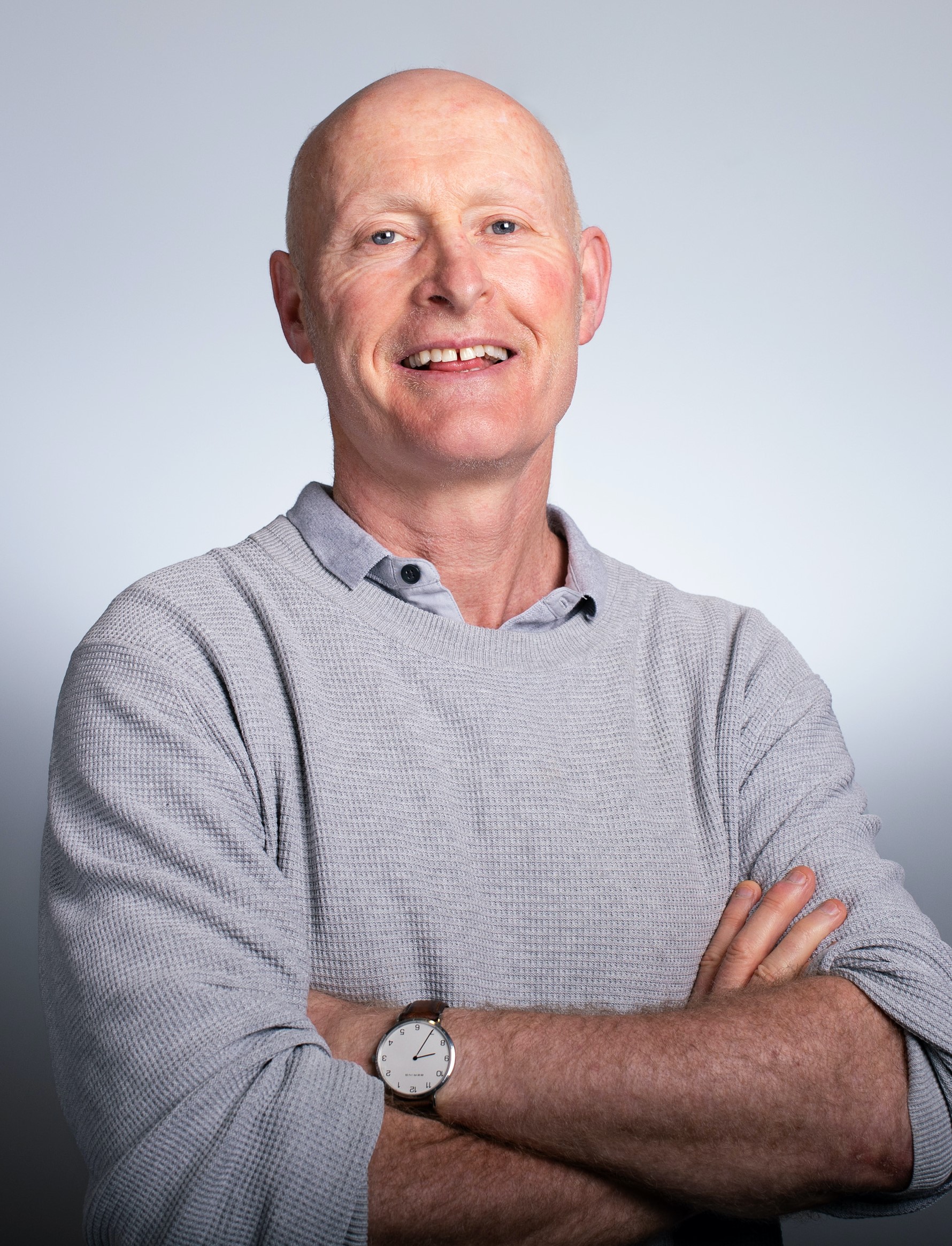
Cappagh National Orthopaedic Hospital, Ireland
No comments:
Post a Comment